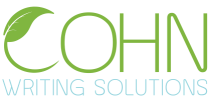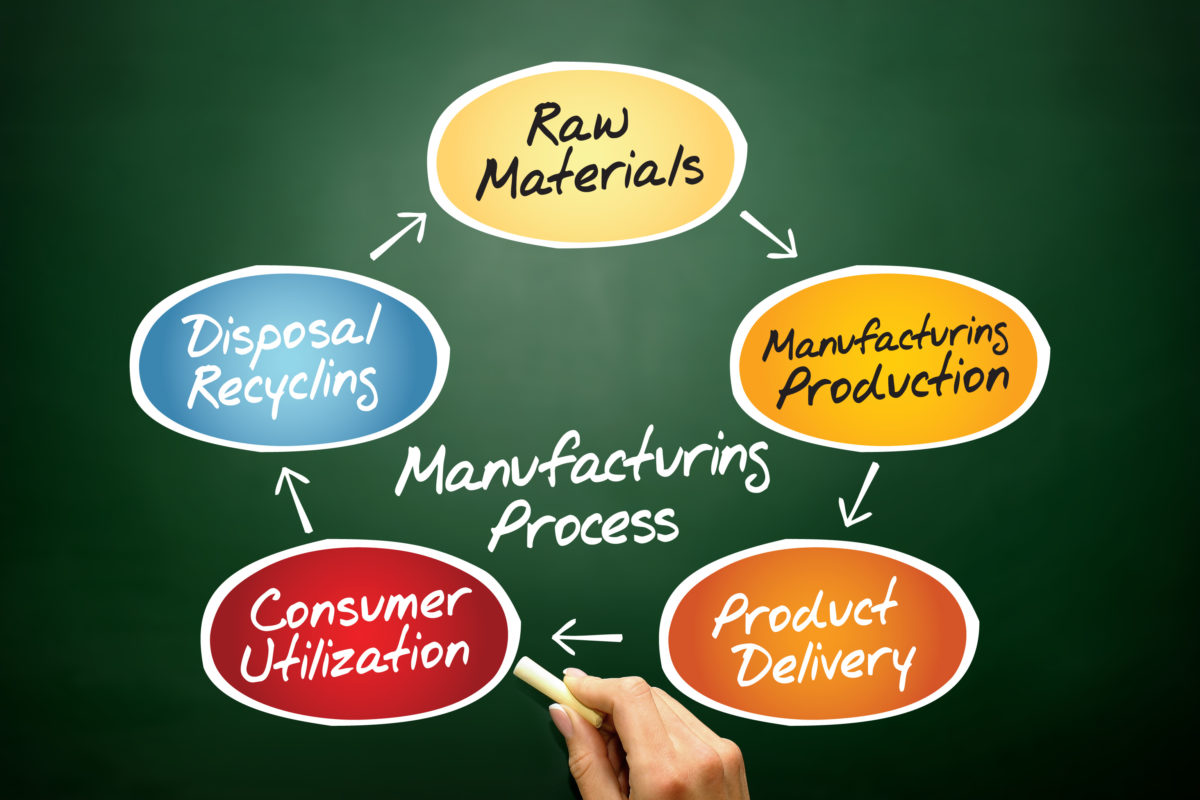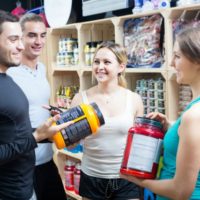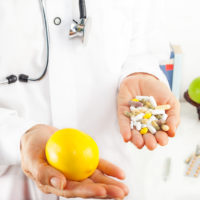The word transparency has become an important word in our lexicon the past several years for good reason. As Greg Page, CEO of Cargill once said, “We now live in a world where nothing can be hidden, so you’d better have nothing to hide.”
So how transparent is your company? Do you inform your customers about how the ingredients in your product are tested? Do you let them know where herbal ingredients are grown? If not, you should . . . or at least be prepared to.
In a special report published by the New Hope Network called “Inside the Bottle: The Supplement Manufacturer Edition 2017,” Elan Sudberg, CEO of Alkemist Labs says, “We have customers that spend millions a year on testing yet say nothing about it on their website. Customers are curious–more than ever. Why not capitalize on your quality investment? Tell your customer what labs you use and how your company makes sure people are getting what they expect.”
How transparent do you need to be?
Additionally, Sudberg says, “Best-in-class ingredients have scientifically valid testing along each inflection point from harvest to finished product, with good documentation and transparency made available to all customers who inquire, with no resistance. Anything else exposes that there is something to hide.”
What can you do to build trust with your customers?
In a webinar sponsored by New Hope called “Transparency is Not a Noun,” Scott Steinford, managing partner of the consulting firm Trusttransparncy.com, says that transparency is a vehicle to achieve trust. Here are some ways to build that trust.
Use surveys, do interviews and post social media reviews
- Determine what is appealing and not so appealing about your company and its products and post the positive reviews. Promptly fix the concerns of dissatisfied customers.
- Find out why your customers trust your company and build upon it.
Have a fact sheet available for people who want detailed information
- Where were the ingredients in your product grown or sourced?
- When was the botanical collected, i.e. was the plant mature, was the fruit ripe?
- How were the ingredients sourced–were the ingredients wildcrafted or made in a lab?
- Where and how was the product manufactured?
- Have the ingredients been tested for heavy metals, pollutants and microbes?
- Did a foreign supplier of the ingredients adhere to GMPs and other safety and quality requirements similar to the FDA’s?
- Is the product non-GMO, non-gluten, vegetarian? Does it contain animal-derived ingredients?
- If your product is labeled organic does that mean 100% of the ingredients are organic?
An important question to ask yourself: “Is my company as confident and comfortable discussing its weaknesses as its strengths?”
If you’d like to strengthen your message of transparency in order to establish your customers’ 100% trust in your company and products, I’d be happy to discuss how we can work to enhance your website and other marketing materials, or produce a white paper detailing your company’s philosophy and manufacturing policy.
Barbra Cohn: 303-447-8300, heatlhwriter1@gmail.com






